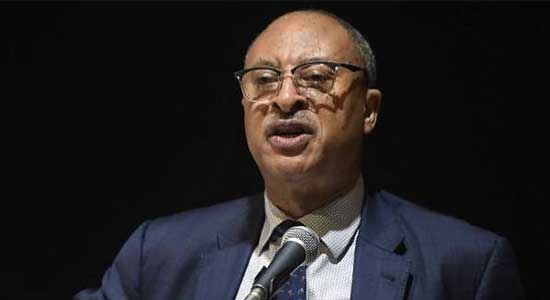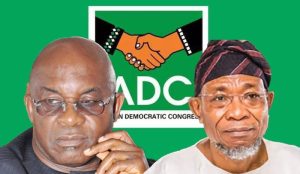
Renowned political economist Professor Pat Utomi has declared he will never again contest for public office or accept any government appointment in Nigeria, saying he wants to remain untainted by the country’s political corruption.
Utomi emphasized that his sole focus is on the well-being of future generations, distancing himself from the pursuit of political power or government contracts.
“Let me state clearly, I will not run for public office, I will not accept an appointment or contract from any government in Nigeria,” he said. “I have lived my life decently without government money or stealing from anyone. I want to remove myself from the narrative of people who say, ‘Oh, he is looking for a contract.’”
Utomi, a former presidential candidate and vocal advocate for good governance, also discussed the importance of a shadow government as a tool for holding leaders accountable.
“Nothing can be more democratic than citizens organizing themselves to demand accountability from those in power,” he said. “What could be more democratic than that?”
He urged Nigerians to examine data from Afrobarometer, a long-running survey tracking public opinion on democracy in Africa since 1999. Citing the findings, Utomi noted that while Africans still value democracy, frustration is growing due to its failure to deliver meaningful change.
“Africans still love democracy and cling to it, but they are tired because their democracies are not working,” he said.
Utomi’s remarks come amid increasing disillusionment with Nigeria’s political class, as many citizens express frustration over corruption, poor governance, and unfulfilled promises. His decision to step away from formal politics underscores broader concerns about the integrity of public service in the country.
The professor, known for his intellectual contributions to policy debates, said he will continue advocating for accountability but will do so from outside government structures. His stance reflects a growing sentiment among some Nigerian intellectuals and activists who believe systemic change must come from civic pressure rather than participation in a flawed political system.






